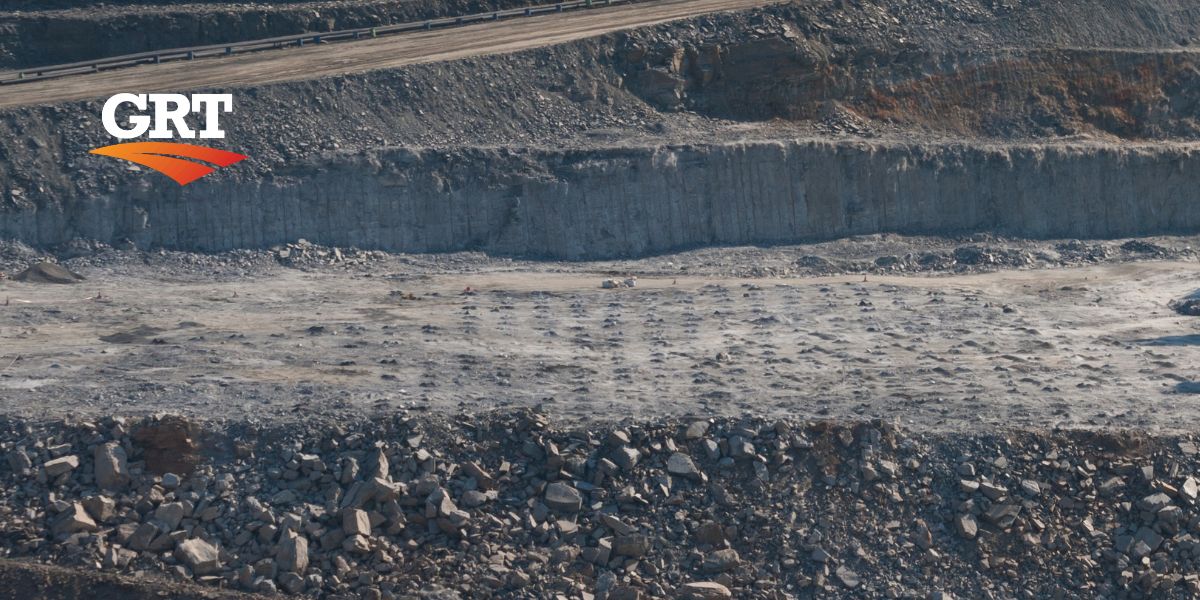In July this year, Australia signed up as a member of the US-led initiative the Minerals Security Partnership which was established in June and announced in Toronto during the Prospectors and Developers Association of Canada convention. Facing global supply chain disruptions and limited supplies of essential minerals such as lithium, vanadium and other rare earths for green energy development, the Partnership will look at ways to develop and secure supplies of these important elements for this group.
The Minerals Security Partnership is made up of Australia, Canada, Finland, France, Germany, Japan, the Republic of Korea, Sweden, the United Kingdom and the European Commission as well as the United States. Its role will be to help the member countries access key markets and to encourage ESG focussed private investment in mining, processing and recycling of the rare earths.
Rare earths are chemically similar minerals that, though abundant in the earth’s crust, are not common in large concentrations, making them expensive to mine and process. The minerals are required for electric vehicle batteries, wind turbine generators, mobile phones and many other technological applications. China has the greatest number of rare earth mines and reserves in the world, followed by Vietnam, Brazil and Russia. In 2021, Australia was mining 3.5% of available products with the US and Canada at a combined 2%.
Australia’s Minister for Trade and Tourism, Don Farrell, said that membership in the group would ‘help embed Australia in international critical mineral supply chains and technologies crucial to the global economy.’ In a bilateral meeting between Australian Minister for Resources and Northern Australia, Madeleine King, and US Secretary of Energy, Jennifer Granholm, at Sydney Energy Forum in July, discussions centred on the role securing supplies of the critical minerals has in achieving net-zero emissions for the two countries.
In line with this goal, a memorandum of understanding (MOU) between Australia’s Arafura Resources and US company General Electric was signed with the minister and secretary present. Afafura’s Nolan Project near Alice Springs in the Northern Territory will use open-pit truck and excavator mining, alongside drill and blasting to produce an average rate of f 7.6 million tonnes of ore per annum over the projected life of the mine 38 years.
Are environmental regulations, health and safety concerns or potential profit loss a concern right now?
Also increasing Australia’s presence in the rare earths arena is Lynas Rare Earths. Based in WA, Lynas was ‘established as an ethical and environmentally responsible producer of rare earth materials and is the world’s only significant producer of separated rare earth materials outside of China.’ The company is in the process of moving its processing plant from Malaysia to Kalgoorlie in WA, to offer a product with an assured provenance from mine to port.
A separate bilateral agreement between Australia and the US – United States Net Zero Technology Acceleration Partnership – will convene in October to discuss progress on how technology is helping tackle climate action.
Your feedback is important to us. If you enjoyed reading this Global Road Technology industry update and found it informative, please let us know by leaving a REVIEW.
Troy Adams
Troy Adams is the Managing Director of Global Road Technology (GRT) Specialising in Engineered Solutions for Dust Suppression, Erosion Control, Soil Stabilisation and Water Management. A pioneering, socially conscious Australian entrepreneur, Troy Adams is passionate about health and safety and providing innovative solutions that are cost-effective to the mining industry, governments and infrastructure sectors. Troy is also a tech investor, director of companies like Crossware, Boost, Hakkasan, Novikov and more.

